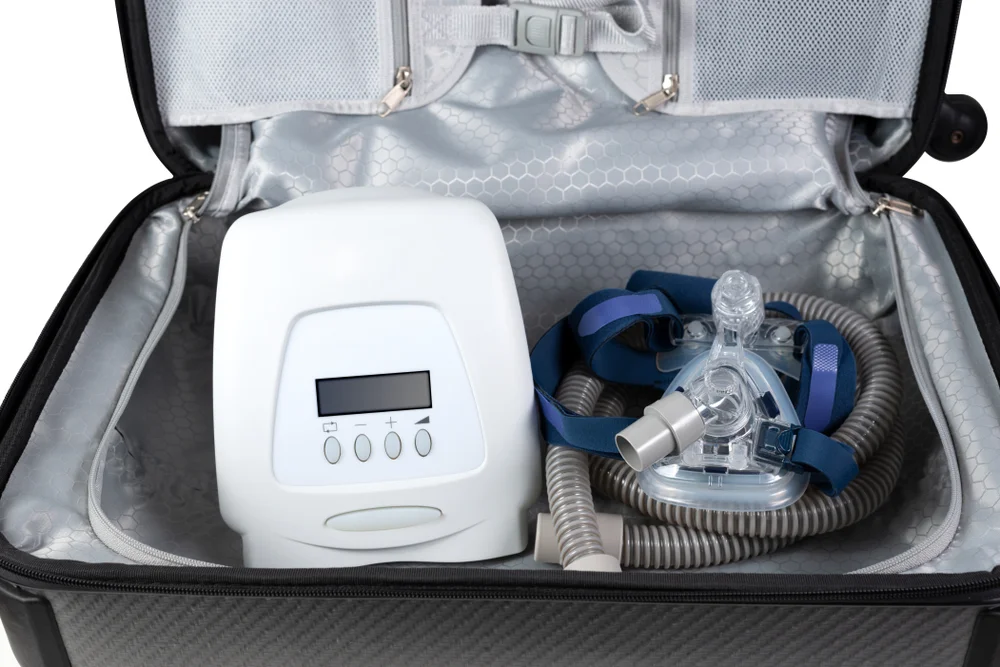CPAP Treatment – Have Good Sleeping Nights
CPAP is the abbreviation for continually positive airway pressure therapy for the treatment of patients with sleep apnea. CPAP machines use moderate air pressure to keep the airways open and are usually used by sleeping patients with respiratory problems. In particular, what is helped by CPAP therapy is to ensure that your airway doesn't collapse while you are sleeping.
For Whom Is This Therapy?
CPAP therapy is one of the most recommended therapeutic options for obstructive sleep apnea patients who do not get sufficient air to their lungs. CPAP therapy is also used to treat children whose lungs have not developed completely. The CPAP blows air into the nose of the baby to help his lungs inflate.
You will work with your sleep technologist to ensure that the settings for work best for you when you are prescribed to a CPAP machine. It is the concern of every sleep technician that the air pressure in the machine is sufficient to keep the airway open while you sleep.
Use of CPAP
Although a noted period of adaptation to CPAP therapy exists, it can pay off in the end considerably following this method of treatment.
Maintain open your airway while sleeping.
Ultimately reduce or remove your snoring.
Enhance your sleep quality.
Less sleepiness, sleep apnea symptom, or elimination of it by day.
Reduce high blood pressure or circumvent it significantly.
Signs – Therapy Is Working
CPAP therapy aims to keep your body running with oxygen for restless and respiratory nights. The following are some signs of successful CPAP treatment.
You can concentrate on tasks with more clarity.
You do not snore as much.
You do not wake up at night and gasp for breath.
Your breathing is more continuous while sleeping.
You feel more relaxed during the day.
You can't wake up at night and sneeze in the morning.
All these are good signs and demonstrate that your CPAP therapy works.
Consult Our Doctor
Evaluate your condition after taking CPAP treatment for sleep apnea for a few months. Are you less tired by the day, or do you still need a lunch nap? Do you sleep for a whole night or do you still wake up too much? These signs help you to determine if CPAP treatment works for you or not. Contact our physician always with questions for your sleep apnea treatment at OKOA.
**Disclaimer: The information on this page is not intended to be a doctor's advice, nor does it create any form of patient-doctor relationship.


